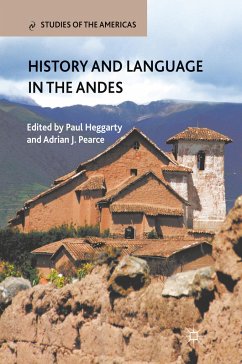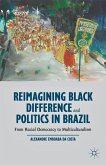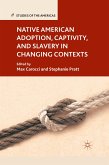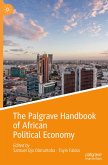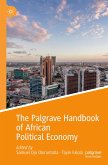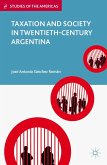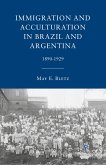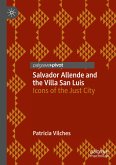The modern world began with the clash of civilisations between Spaniards and native Americans. Their interplay and struggles ever since are mirrored in the fates of the very languages they spoke. The conquistadors wrought theirs into a new 'world language'; yet the Andes still host the New World's greatest linguistic survivor, Quechua. Historians and linguists see this through different - but complementary - perspectives. This book is a meeting of minds, long overdue, to weave them together. It ranges from Inca collapse to the impacts of colonial rule, reform, independence, and the modern-day trends that so threaten native language here with its ultimate demise.
"An illuminating set of readings that shines a bright light onto the cultural and social history of language use - both spoken and written - in the Andes, from the Spanish conquest of the Incas, through the turbulence of the Colonial era and down to the present day. The book succeeds by liberating the study of languages (primarily Quechua, Aymara, and Spanish) from the formalism of linguistics and the constraints of academic history. In the process, the authors show how the performance and interaction of Native and European languages played a vital, creative, and transformative role in the formation of the Andean nations." - Gary Urton, Dumbarton Oaks Professor of Pre-Columbian Studies, Harvard University, USA
"In bridging history, linguistics, and anthropology, this fine volume breaks new ground. It should now be unthinkable that scholars probe the impact of the Spanish Conquest, the legacy of the Incas, and the state of the contemporary Andes without considering language. The atomized fields of Andean Studies have finally converged, with Quechua at the center." - Charles Walker, University of California, USA
"This volume provides a long-awaited real dialogue between linguists and historians of the Andes. The collection's approach makes it clear that the study of history and the study of language complement each other, with each discipline illuminating the questions the other raises." - Rodolfo Cerrón-Palomino, professor of Linguistics, PontificiaUniversidad Católica del Perú
"Paul Heggarty and Adrian Pearce are to be applauded for bringing together linguists and (ethno)historians to help understand the complex multilingual dynamics of post-Conquest Andean society. In addition to their own expert contributions, there are papers by some of the best scholars in this fascinating field of inquiry." - Pieter Muysken, Radboud University Nijmegen
"This volume makes a strong case for cross-disciplinary cooperation in order to progress in understanding the Andean past, zeroing in on the problem that scholars in this area tend not to cooperate with scholars of other disciplines and do not take the findings from other fields into account. The book's chapters, from eminent Andean historians and linguists, go a good distance towards solving this problem and exemplify the value of cross-disciplinary perspectives, bringing forth new understanding of the Andean past in the process." - Lyle Campbell, Department of Linguistics, University of Hawai'i Manoa
"In bridging history, linguistics, and anthropology, this fine volume breaks new ground. It should now be unthinkable that scholars probe the impact of the Spanish Conquest, the legacy of the Incas, and the state of the contemporary Andes without considering language. The atomized fields of Andean Studies have finally converged, with Quechua at the center." - Charles Walker, University of California, USA
"This volume provides a long-awaited real dialogue between linguists and historians of the Andes. The collection's approach makes it clear that the study of history and the study of language complement each other, with each discipline illuminating the questions the other raises." - Rodolfo Cerrón-Palomino, professor of Linguistics, PontificiaUniversidad Católica del Perú
"Paul Heggarty and Adrian Pearce are to be applauded for bringing together linguists and (ethno)historians to help understand the complex multilingual dynamics of post-Conquest Andean society. In addition to their own expert contributions, there are papers by some of the best scholars in this fascinating field of inquiry." - Pieter Muysken, Radboud University Nijmegen
"This volume makes a strong case for cross-disciplinary cooperation in order to progress in understanding the Andean past, zeroing in on the problem that scholars in this area tend not to cooperate with scholars of other disciplines and do not take the findings from other fields into account. The book's chapters, from eminent Andean historians and linguists, go a good distance towards solving this problem and exemplify the value of cross-disciplinary perspectives, bringing forth new understanding of the Andean past in the process." - Lyle Campbell, Department of Linguistics, University of Hawai'i Manoa

